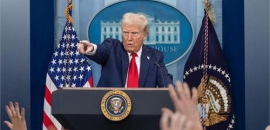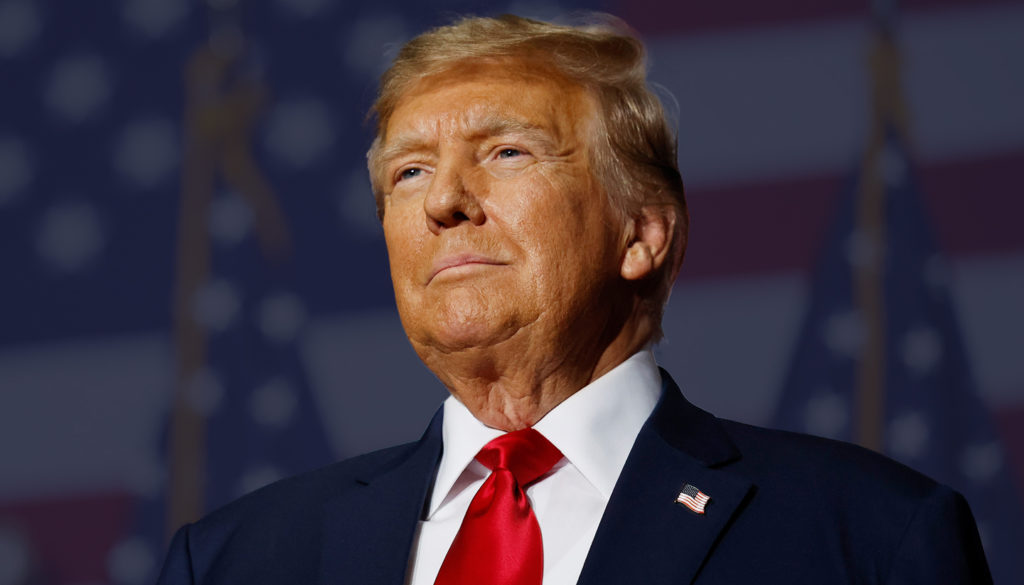
Trump says US, Russia to immediately begin negotiations toward ending Ukraine conflict
Feb 17, 2025
by Ekow Benyah Oct 02, 2025

October 2, 2025
The United States federal government has officially shut down for the first time in nearly seven years, raising serious concerns in Ghana about the future of aid, trade, and economic stability.
The shutdown, which took effect at 00:01 EDT (04:01 GMT) on October 1, 2025, stems from a bitter standoff between President Donald Trump’s Republican Party and the Democratic opposition over funding for healthcare and the Affordable Care Act (ACA).
Ghana has long relied on U.S. support through agencies such as USAID and programs like the President’s Emergency Plan for AIDS Relief (PEPFAR). Analysts warn that a prolonged shutdown could disrupt health, agriculture, and governance projects, recalling the $156 million shortfall Ghana faced during a previous funding freeze. President Trump has also pushed for a $4.9 billion cut to foreign aid, fueling fears that Washington’s instability will again undermine vital programs in Ghana.
The shutdown also coincides with the expiration of the African Growth and Opportunity Act (AGOA) on September 30, 2025. Ghanaian exporters now face new tariffs of around 15% on goods bound for the U.S., threatening thousands of jobs in textiles, cocoa processing, and manufacturing. Economists also warn of pressure on the cedi, which is highly sensitive to fluctuations in the U.S. dollar, as well as potential slowdowns in foreign investment approvals.
For the Ghanaian diaspora, the crisis has sparked anxiety over visa delays, deportations, and job insecurity in the U.S. With remittances serving as a major lifeline for Ghana’s economy, any disruption could significantly affect households and small businesses back home.
President John Dramani Mahama has assured Ghanaians that his government is in talks with U.S. officials to negotiate tariff relief and ensure deportee agreements respect Ghana’s sovereignty. He also reaffirmed that Ghana would not accept deportees with criminal backgrounds. Despite the turbulence, Ghana’s long-term partnership with the U.S. remains intact through defence cooperation and shared democratic values under the Global Fragility Act (GFA).
For many observers, the shutdown underscores the urgency of Ghana’s “Beyond Aid” agenda, reducing dependence on foreign support. Political analyst Prof. George Ayittey noted: “When the world’s oldest democracy cannot even agree on its housekeeping money, what message does it send to the fledgling democracies in Africa?”
As Washington’s crisis deepens, Ghana faces a delicate balance: safeguarding its economy and aid lifelines while accelerating self-reliance at home.

Feb 17, 2025

May 02, 2025

Feb 23, 2025

Oct 10, 2025

Sep 24, 2025

Oct 28, 2025

Mar 28, 2025

Sep 27, 2025